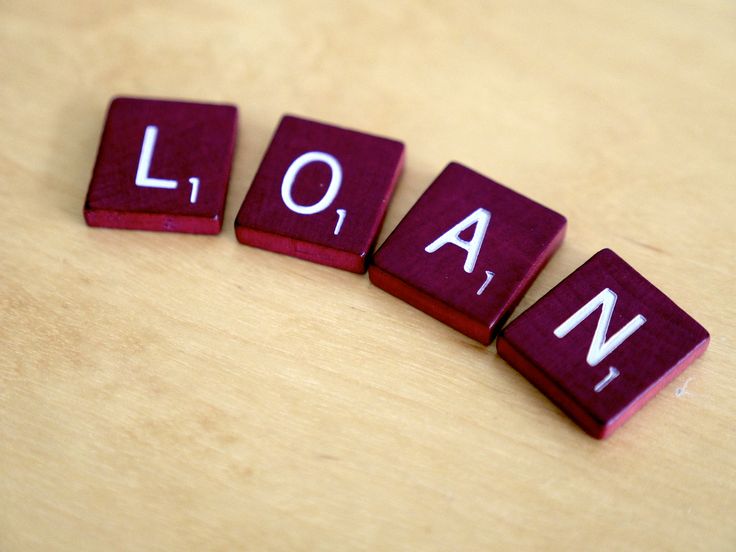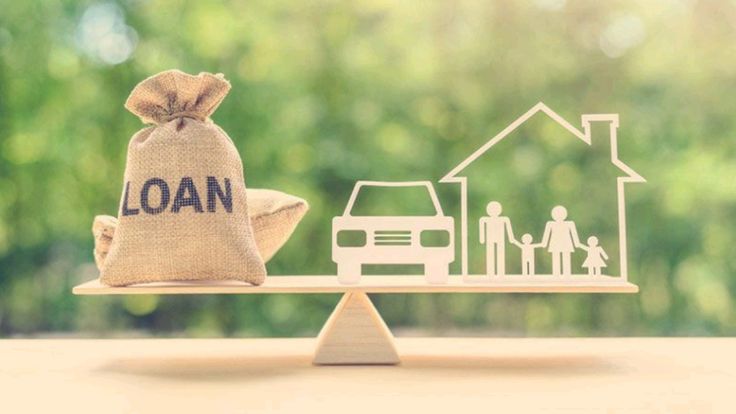Life doesn’t always go as planned. Unexpected expenses, job loss, or medical emergencies can lead to missed payments and a damaged credit score. If you’ve found yourself in this situation, getting approved for a loan can feel nearly impossible. But don’t lose hope—bad credit loans are designed specifically for people like you. They offer a second chance at financial support when traditional lenders say no.
In this guide, we’ll cover everything you need to know about bad credit loans, from what they are to how they work, where to obtain them, and how to use them responsibly.
What Are Bad Credit Loans?

Bad credit loans are personal loans that are extended to individuals with a poor or low credit history. The loans assist individuals who can have been turned down by banks or credit unions because of their low credit score. Although the conditions of these loans are not the same, they often have higher interest rates since the lender takes on the risk.
Credit scores are usually between 300 and 850. If your credit score is lower than 580, most lenders will think of it as bad credit. But bad credit doesn’t necessarily equal no credit. Online lenders, credit unions, and even some brick-and-mortar banks now provide loan opportunities for individuals with imperfect credit.
Types of Bad Credit Loans

There is no single answer when it comes to bad credit loans. These are some of the most prevalent types:
1. Secured Personal Loans
You need to offer collateral, like your car, savings account, or other valuables. If you fail to pay the loan, the lender will take the collateral to help them get their money back. Because these loans are safer for lenders, they tend to have lower interest rates than unsecured loans.
2. **Unsecured Personal Loans
These loans are not secured by collateral. Although they are more flexible, they often carry higher rates of interest and more stringent repayment conditions.
3. Payday Loans
Payday loans are for short-term purposes to pay for unexpected expenses until your next paycheck arrives. Convenient as they might sound, they have very high interest rates and charges. Most financial advisors suggest avoiding payday loans as a last resort.
4. Title Loans
These loans take your car title as collateral. If you default, the lender can repossess your vehicle. Title loans are dangerous and must be approached with caution.
5. Installment Loans
Installment loans allow you to borrow a lump sum and pay it in fixed payments over time. They’re easier to deal with than payday loans and are usually available to bad-credit borrowers.
Who Is Eligible to Apply for a Bad Credit Loan?
Bad credit loans are perfect for those who:
- Have less than a 600 credit score
- Do not meet the standards for conventional loans
- Require money for emergencies
- Want to rebuild their credit
Just because you have a history of bankruptcy or defaulted on a loan previously doesn’t mean that you cannot get a bad credit loan; it all depends on the terms of the lender.
Where to Find Bad Credit Loans

There are some places to look when searching for a bad credit loan:
1. Online Lenders
Online lenders have many that focus on bad credit loans. They might have speedy approvals and prequalification features that don’t lower your credit score.
2. Credit Unions
Unlike the traditional banks, credit unions are owned by members and tend to be more accommodating. They can be more open to borrowers with bad credit.
3. Banks
There are some banks that provide bad credit loans, but the terms for approval might be more rigorous than for other lenders.
4. Peer-to-Peer Lending Platforms
These websites match borrowers with individual investors directly. They can provide competitive interest rates as well as accommodating terms for borrowers with imperfect credit.
What to Look for in a Bad Credit Loan
When shopping for a bad credit loan, don’t just focus on getting approved. Consider the following factors:
- Interest Rate: Look for the lowest possible rate. Even a small difference in interest can add up over time.
- Repayment Terms: Make sure the monthly payments fit your budget. Avoid loans with short repayment windows or large lump-sum repayments.
- Fees: Be wary of origination fees, prepayment penalties, and late fees.
- Lender Reputation: Use online reviews and ensure the lender is licensed and reputable.
- Customer Support: Select a lender with good customer support in case you experience any problems.
How to Enhance Your Odds of Getting Approved
Despite having bad credit, there are some ways to enhance your chances of getting approved:
1. Review Your Credit Report
Get a free credit report before applying and verify for inaccuracies. Correcting errors can boost your credit score and approval chances.
2. Apply with a Co-Signer
Getting someone with good credit to co-sign the loan will improve your approval chances and may get you a better deal.
3. **Include Proof of Income
Demonstrating consistent income can assure lenders that you are able to repay the loan.
4. Keep Your Loan Small
Borrow only what you require. Smaller loans are less difficult to qualify for and repay.
Advantages and Disadvantages of Bad Credit Loans
Advantages:
- Access to Capital: You are able to obtain money when you need it, despite bad credit.
- Debt Consolidation: These loans can help combine multiple debts into a single payment.
- Credit Building: Responsible repayment may help improve your credit score over time.
- Emergency Relief: Ideal for urgent expenses like car repairs, medical bills, or rent.
Cons:
- High Interest Rates: You’ll likely pay more in interest compared to borrowers with good credit.
- Fees: Some lenders charge additional fees that can increase the cost of borrowing.
- Risk of Falling Into Debt: Without caution, it is simple to fall into a borrowing cycle.
Wiser Use of Bad Credit Loans
A bad credit loan may be an effective financial tool if used sensibly. These are some tips for utilizing your loan correctly:
- Create a Budget: Ensure you will be able to afford monthly payments before taking the loan.
- Don’t Spend More Than You Need: Only borrow what you need, not what you can afford to borrow.
- Repay on Time: Keeping your payments current enhances your credit score and prevents late charges.
- Don’t Overborrow: Repaying less makes payment less burdensome and less costly.
Bad Credit Loans Alternatives
If you’re not up for getting a bad credit loan, there are alternatives to consider:
- Borrow from Friends or Family: This is tricky, but it might be less expensive and simpler than a lender.
- Use a Credit Card: If you have unused credit, a credit card might be cheaper than a loan with high interest.
- Find Local Assistance Programs: Government or nonprofits can sometimes provide grants or zero-interest loans for emergencies.
- Establish Your Credit: Invest time to enhance your credit score with a secured credit card or credit-builder loan before seeking a conventional loan.
Conclusion
Bad credit loans can provide a financial lifeline when you’re in a bind. Though they do cost more, they get you access to money when other doors are closed to you. The important thing is to borrow responsibly, know the terms, and work to rebuild your credit for a brighter financial future.
Before inking any contract, read the fine print and shop around with several lenders. With the proper strategy, a bad credit loan need not be a disadvantage—it can be a stepping stone toward improved financial well-being.


